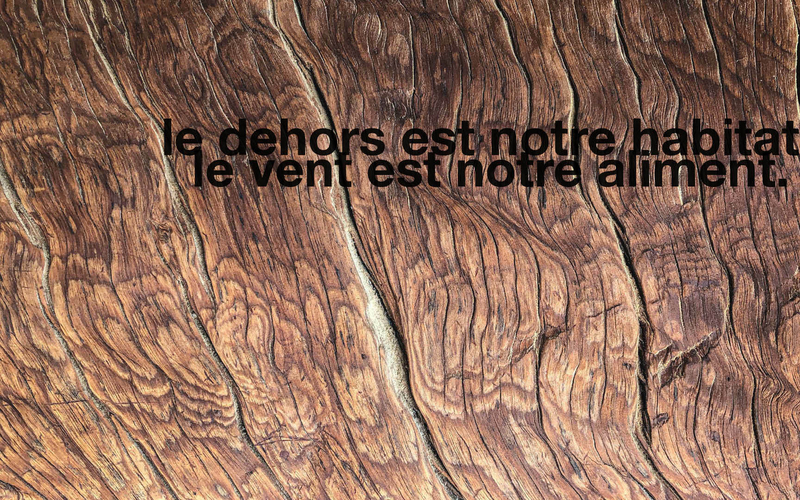courage (2) ryoko sekiguchi

In these troubled times, we asked a number of authors we admire what ‘courage’ means to them. In the coming weeks, you can read their answers here, in the form of a poem, a memory, an anecdote or a more philosophical reflection.
Courage is always associated with an act that requires undertaking difficult or tedious things. According to the dictionary Trésor de la langue française, it is “the firmness of heart and strength of mind that reveal themselves in difficult situations that require a choice or decision or, where danger is concerned, suffering.” Courage is etymologically derived from the Old French word for heart – cor – to which the suffix -age was added, signifying “the heart as host to feelings”.
The Japanese equivalent would be yûki o dasu or, “the taking out of one’s brave heart” (from inside of oneself). It’s an outward-oriented word. Or an outward-oriented act. Through it, we allow our existence outside in the world to emerge.
When society is in upheaval we become more courageous by necessity, in order not to die or have our loved ones suffer. When I visited Lebanon, a country that has experienced decades of war and conflict, there was a consensus that the Lebanese do everything quickly, that they make decisions very quickly. They live intensely because they don’t know what tomorrow might bring. A little like the shakiness you feel after an earthquake; the fact you have to move in order to regain balance.
When the world doesn’t allow for procrastination, courage becomes almost a daily occupation, a disposition of the heart.
In day-to-day life, a foreigner will often hear: “It’s brave to come and live in a foreign country, far from your family and native language”.
It’s true that living in a foreign country is a bit like living on a particularly unstable piece of land. The ground seems slippery and, without roots, you might at any moment fall into the unknown. Writing in a foreign language is in itself a perpetual act of courage; this language the ultimate form of otherness. You can’t claim, as you might with your maternal language, to have any relationship to it. Having left your protective cocoon, you find yourself in an outward-oriented situation. Outside is our natural environment. The wind is our nourishment. When we are outside we can breathe.
Translated from the French by Daniella Shreir
Ryoko Sekiguchi (1970) was born in Japan in 1970 and has been living in France for almost 20 years. She is the author of around ten books in Japanese and French (La Voix sombre, Le Club des gourmets, Nagori). She is also a literary translator of writers including Jun'ichirō Tanizaki and organises events that explore the link between literature and food.
how nice that you were able to take the time for some literature
Perhaps you were moved or outraged, challenged or inspired. The online magazine allows us to introduce you to texts you might not expect. It also allows us to commission authors and translators and to pay them a decent fee for their work.
We make sure familiar voices get heard, but we also actively search for writers who are exploring unfamiliar territory or telling stories that get less attention. We find it important to give a platform to a wide range of literary makers, to shoulder them where necessary in the writing process and to pay them properly. Because we believe that all good and innovative voices need to be heard. You can help us to achieve this balance by supporting us financially. Your support goes straight to writers and translators.
Whether big or small, each contribution helps us to make sure that the authors get heard.
Many thanks in advance!
yes, I support literary makers